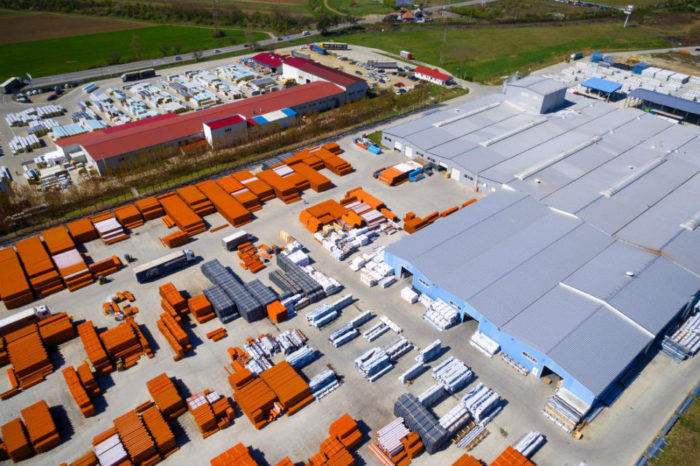Colliers: Romania has enough resources to remain among world’s leaders in terms of economic growth in the next decade

The next decade could bring a significant economic boom in most countries in the world, Romania included, according to the 2021 Annual Report released by Colliers. While Romania is still behind the regional countries in terms of rule of law, transport infrastructure, healthcare, efficacy of public administration or stability in general, with regards to laws and policies, should any improvements take place on these fronts, the growth potential that would be unlocked would be significant, Colliers consultants predict. With good potential to generate steady, long-term income, capital appreciation and significant diversification benefits, the real estate segment still offers attractive long-term investment opportunities, especially for investors that can cope with lower liquidity.
A first advantage of Romania would be the labor market, which still offers productive employees at lower costs compared to other countries. In manufacturing, Romania’s labour costs are comparable to China’s and several times smaller than in Western European countries, while in the high-value added sectors things also look good; though IT&C wages can be half of the levels seen in Western European countries, living costs in Romania (particularly real estate-related) suggest that the purchasing power of the average IT employee may actually look better here.
A second major advantage is the position and with geopolitics mattering more and more, as Romania is in an important region for its Western allies. Somewhat elevated corruption and a historically low drive for reforms constitute major drawbacks but, then again, Romania did score the 5th best economic performance in the world even with these factors around.
“There are also a few major trends that can move things around quite a lot in the Romanian economy, creating both opportunities for those with foresight and issues for those not prepared. Slightly more than half of Romania’s inhabitants live in urban areas, as per the UN’s definitions. Compare this to 80% in high-income countries and an average of nearly 70% in Eastern Europe and you get the prospect of a lot of fast-rising urban hubs in the next decades. This will create a lot of opportunities for various companies, including construction and real estate”, says Silviu Pop, Head of Research at Colliers.
Automation (both in production and in commercial service) is another important trend. Over 40% of jobs in Romania, much more than in other EU countries, could be exposed to the risk of automation (including in services), which will come somewhat gradually, as wages continue to rise in Romania. Statistics from a few years ago show that Romania had about 20 robots per 10,000 workers in manufacturing, half of Poland’s level and several times smaller than Czechia’s. If the state policies can arrest the negative externalities from automation, this process will prove a very positive dynamic as it will likely support Romania climbing even more the economic complexity ladder in terms of its output.
A fourth point that Colliers consultants believe will shape the next decade is related to globalization, in the way that things may start becoming less global and more regional. This ought to open quite a lot of opportunities for countries like Romania, which can serve as re-shoring destinations for advanced European economies. Brexit and the reshuffling of relations between advanced economies and China should lead to some positives for Romania and the CEE region as a whole.














